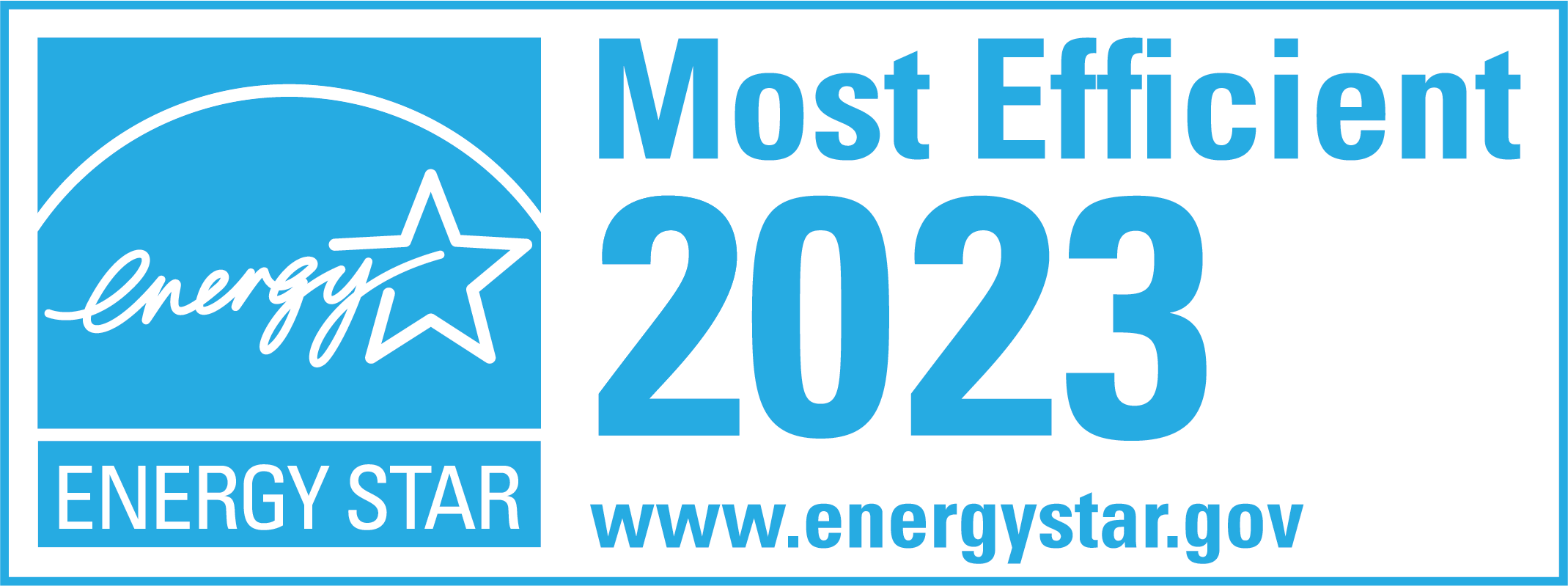Vinyl vs. Aluminum Windows
When choosing the right windows for your home, one of the primary decisions you must make is choosing between vinyl and aluminum materials. Understanding the differences between these two options can help you make an informed decision that suits your needs and preferences. In this article, we will explore the basics of window materials, compare vinyl and aluminum windows, and weigh the pros and cons of each. By the end, you will better understand which material is the right choice for your home.
Understanding the Basics of Window Materials
Before diving into the comparison, it is essential to understand what vinyl and aluminum windows are and how they differ in composition and characteristics.
Windows are integral to any home or building, providing natural light, ventilation, and a view of the outside world. When choosing the right windows for your property, one of the key decisions you’ll need to make is the material of the window frames. Two popular options in the market are vinyl and aluminum.
What is Vinyl?
Vinyl windows are made from a synthetic material known as polyvinyl chloride (PVC). This material is highly durable and resistant to fading, warping, and rotting, making it an excellent choice for homeowners seeking low-maintenance windows. The durability of vinyl windows ensures that they can withstand the test of time, providing long-lasting performance and value for your investment.
One of the notable advantages of vinyl windows is their energy efficiency. Vinyl has natural insulating properties, which keeps your home comfortable throughout the year. By reducing heat transfer, vinyl windows can contribute to lower energy costs, as your heating and cooling systems won’t have to work as hard to maintain a consistent temperature.
Vinyl windows are available in a wide range of styles, colors, and finishes, allowing you to customize the look of your windows to match your home’s aesthetic. Whether you prefer a classic white frame or a bold color to make a statement, vinyl windows offer versatility in design.
What is Aluminum?
Aluminum windows, on the other hand, are crafted from lightweight aluminum frames. This material offers strength and rigidity, making it suitable for larger window openings. Aluminum is known for its structural integrity, which allows for larger glass panes and expansive views.
One of the key advantages of aluminum windows is their sleek and modern appearance. The slim profile of aluminum frames creates a contemporary look that complements various architectural styles, from minimalist to industrial. If you want to enhance your property’s aesthetic appeal, aluminum windows can be an excellent choice.
In addition to their visual appeal, aluminum windows are highly durable and low-maintenance. The material is resistant to rust, corrosion, and weathering, ensuring that your windows perform well even in harsh climates. This durability makes aluminum windows a popular choice for commercial buildings, where longevity and reliability are essential.
Another benefit of aluminum windows is their recyclability. Aluminum is a highly sustainable material that can be easily recycled and reused. You can contribute to a greener environment and reduce your carbon footprint by choosing aluminum windows.
Regarding energy efficiency, aluminum windows may not offer the same level of insulation as vinyl windows. However, technological advancements have led to thermally broken aluminum frames, which feature a barrier to minimize heat transfer. This innovation has significantly improved the energy performance of aluminum windows, making them a viable option for energy-conscious homeowners.
Comparing Vinyl vs. Aluminum Windows
Now that we understand the basic composition of vinyl and aluminum windows, let’s closely compare their key features.
Durability and Maintenance
Both vinyl and aluminum windows are durable options; however, they have some differences in maintenance requirements. Vinyl windows require minimal maintenance, as they do not warp, peel, or require repainting. Cleaning vinyl windows is as simple as wiping them down with a mild cleaning solution. On the other hand, aluminum windows are also durable but may require occasional maintenance, such as repainting to prevent corrosion.
Energy Efficiency
Regarding energy efficiency, vinyl windows have an edge over aluminum. Vinyl is an excellent insulator, preventing heat loss or gain, which translates into potential energy savings. On the other hand, aluminum is a conductor of heat, which can result in thermal transfer and inefficiency. However, with modern advancements in thermal breaks and other technologies, aluminum windows can now offer better energy efficiency than before.
Cost Differences
The cost of windows is an important consideration for homeowners. Vinyl windows tend to be more affordable than their aluminum counterparts. The lower price point of vinyl makes it an attractive option for homeowners on a budget. On the other hand, aluminum windows are typically pricier due to the higher cost of materials and the manufacturing process.
Pros and Cons of Vinyl Windows
Advantages of Vinyl Windows
Vinyl windows offer numerous advantages for homeowners. Besides being cost-effective, they are low maintenance, highly durable, and energy-efficient. Vinyl windows also provide excellent noise insulation, reducing outside noise levels to create a more peaceful indoor environment.
Disadvantages of Vinyl Windows
While vinyl windows have many advantages, there are a few disadvantages. Vinyl windows have a limited range of color options compared to aluminum windows. Vinyl windows may expand and contract in extreme temperatures, affecting their overall performance. Additionally, vinyl windows cannot be repainted, limiting design flexibility.
Pros and Cons of Aluminum Windows
Advantages of Aluminum Windows
Aluminum windows offer unique advantages that may appeal to certain homeowners. They are solid and offer excellent structural integrity, making them suitable for larger window openings. Aluminum windows are also highly corrosion-resistant, making them an excellent choice for coastal areas where saltwater and moisture are present.
Disadvantages of Aluminum Windows
One drawback of aluminum windows is their thermal conductivity. Aluminum windows may contribute to thermal transfer and energy inefficiency without proper thermal breaks. They also require more maintenance than vinyl windows, which may need occasional repainting to prevent corrosion.
Choosing the Right Window Material for Your Home
Considerations for Climate
When choosing between vinyl and aluminum windows, it is crucial to consider your climate. Vinyl windows are well-suited for various climates due to their excellent insulation properties. In colder regions, vinyl windows can help retain heat and prevent drafts. Vinyl windows can keep your home cool in hotter climates by minimizing heat transfer.
Aluminum windows, with proper thermal breaks, can also be suitable for most climates. However, they should be chosen cautiously in areas with extreme temperature fluctuations, as their conductivity may impact energy efficiency.
Aesthetic Preferences
The aesthetic appeal of your windows is another essential factor to consider. Vinyl windows typically offer a more traditional and classic look, with various color options to suit different architectural styles. Aluminum windows, on the other hand, often have a sleek and modern appearance that works well in contemporary designs.
Long-Term Investment
Choosing the right window material is a long-term investment for your home. Consider factors such as durability, maintenance requirements, and energy efficiency when deciding. Both vinyl and aluminum windows can offer long-lasting performance when properly installed and maintained.
In closing
The choice between vinyl vs. aluminum windows depends on various factors, including durability, maintenance, energy efficiency, cost, climate, and aesthetic preferences. By understanding the key differences and weighing the pros and cons, you can make an informed decision that will enhance your home’s comfort, style, and functionality for years to come.
Call us at 214-399-9592 to discuss window pricing and availability. Our replacement window services are limited to North Texas cities, from Irving and Dallas to Frisco and Rockwall.






